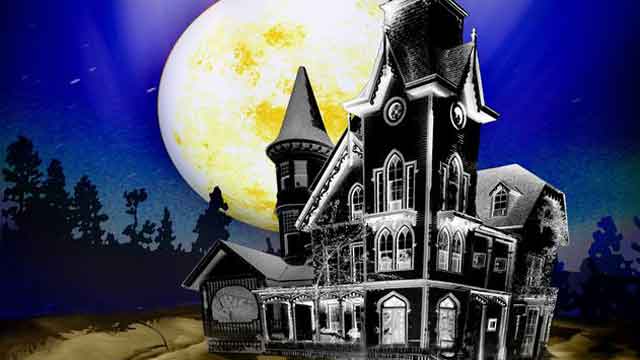Selling a Haunted House: Do you Have to Tell Buyers?
Real estate agents often deal with demanding clients, but Miguel Berger, has taken some out-of-this-world steps when prepping to list a house.
The broker/owner at Better Homes and Gardens Real Estate Tech Valley in Albany, N.Y. brought in a priest to perform an exorcism at the seller’s request to rid a home of ghosts.
“Years ago, I listed a house and while doing the walk through, I noticed the owner was sleeping with copper wire around the bed,” Berger recalls. “He said there were spirits in the house, and if we were putting the house on the market we had to go ahead and exorcise it.”
So he did.
“We sold it and I haven’t heard of any issues since,” he says.
Disclosures on a home’s history vary from state to state, according to Tanya Marchiol, founder of TEAM Investments. In fact, Berger didn’t have to expose the “haunted” house’s background to the new buyers because New York laws don’t require such a disclosure.
In Massachusetts, if the property is “psychologically impacted,” the law requires the seller discloses this information, meaning it may be haunted and people can feel these impacts, but not necessarily see them. In Virginia, only emotional defects that can be seen have to be disclosed if they impact the property, Marchiol says.
“There has to be blood running down the walls,” she says. “If you painted over it, you don’t have to talk about it.”
And in California, for example, Marchiol says sellers only have to disclose these emotional defects if they have occurred within the past three years.
“If you saw a ghost three-and-a-half years ago, you don’t have to disclose it,” she says.
The laws get a more strict if potential homeowners ask specific questions about a home history. If buyers ask, experts say sellers must tell the truth about any possible haunting or paranormal activity, which means it’s important for both parties to know and ask the right questions when approaching a deal.
Polyana da Costa, senior mortgage analyst at Bankrate.com, says “stigmatized” properties may be devalued once the truth comes out about a ghost or crime being committed at that location. With that said, she says not all buyers are deterred by the news.
“If you find a buyer who is into ghosts, you can definitely use it as a marketing tool,” da Costa says. “As a buyer, it all depends on if you believe in that stuff or not.” She adds that buyers should also review police records and talk to neighbors to learn more about a property before making any decisions.
“If there was a murder in that house, or if its haunted, chances are the neighbor has probably heard about it,” she says.
Marchiol says the disclosures can definitely impact pricing, but for buyers who are fans of the supernatural, these discounts may work in their favor.
“These are great discounted properties if you aren’t afraid or don’t believe in it,” Marchiol says.
Berger can attest to that: One his colleagues owns a property in Loudonville, N.Y., where the ghost of Abraham Lincoln allegedly lives.
“The story goes, he spent the night there, and I guess he liked it and came back to the house,” Berger says. “They rent it out. You can spin the story anyway you want, and it could be a marketing tool but we have to be careful not to offend anyone.”




















